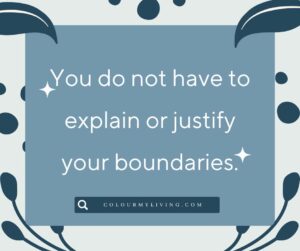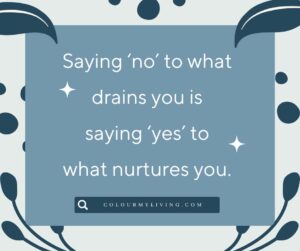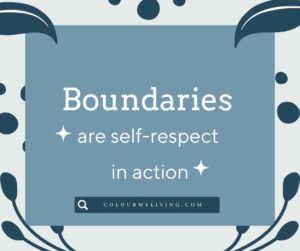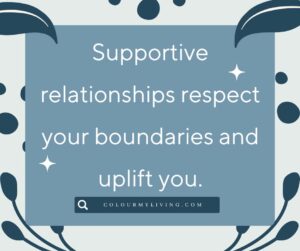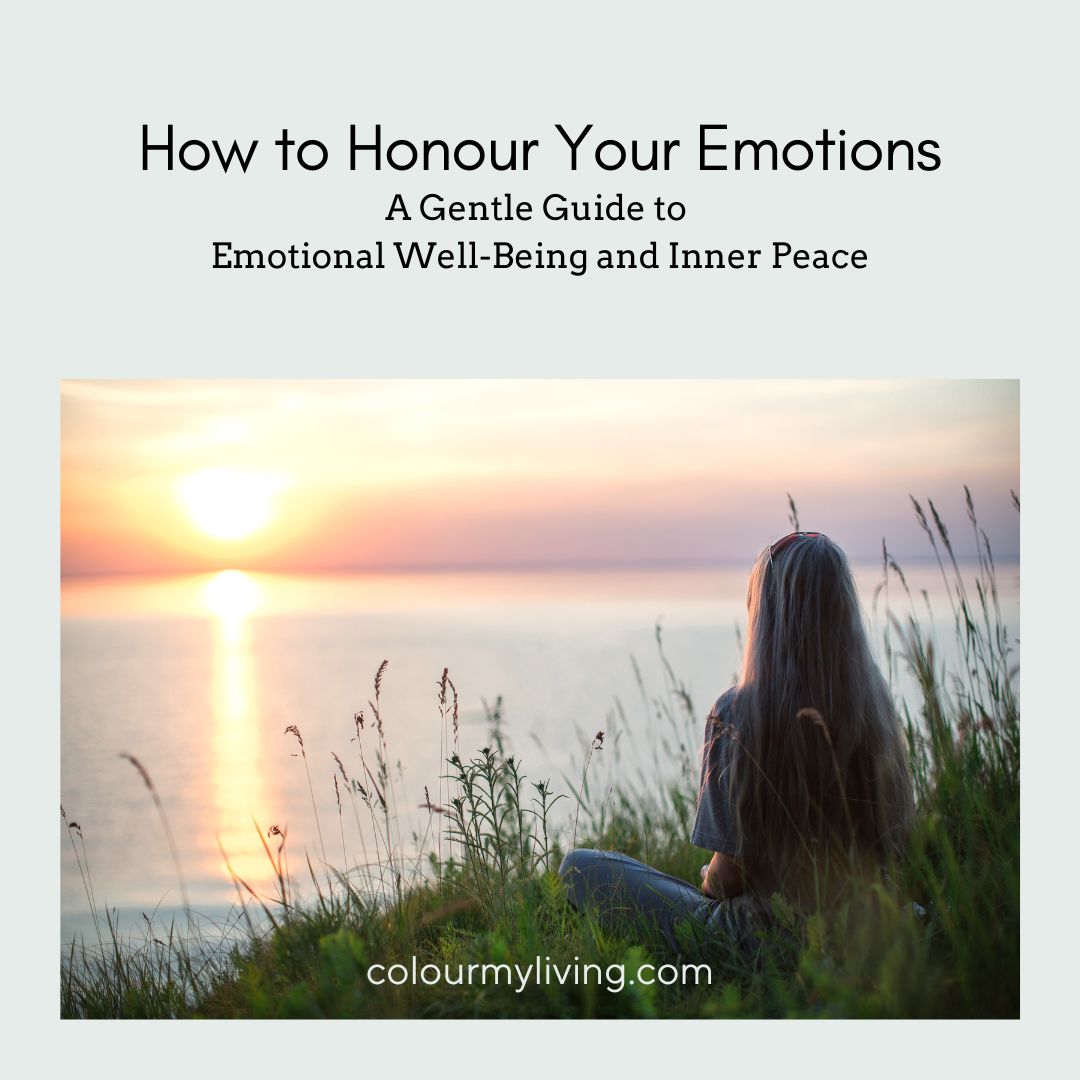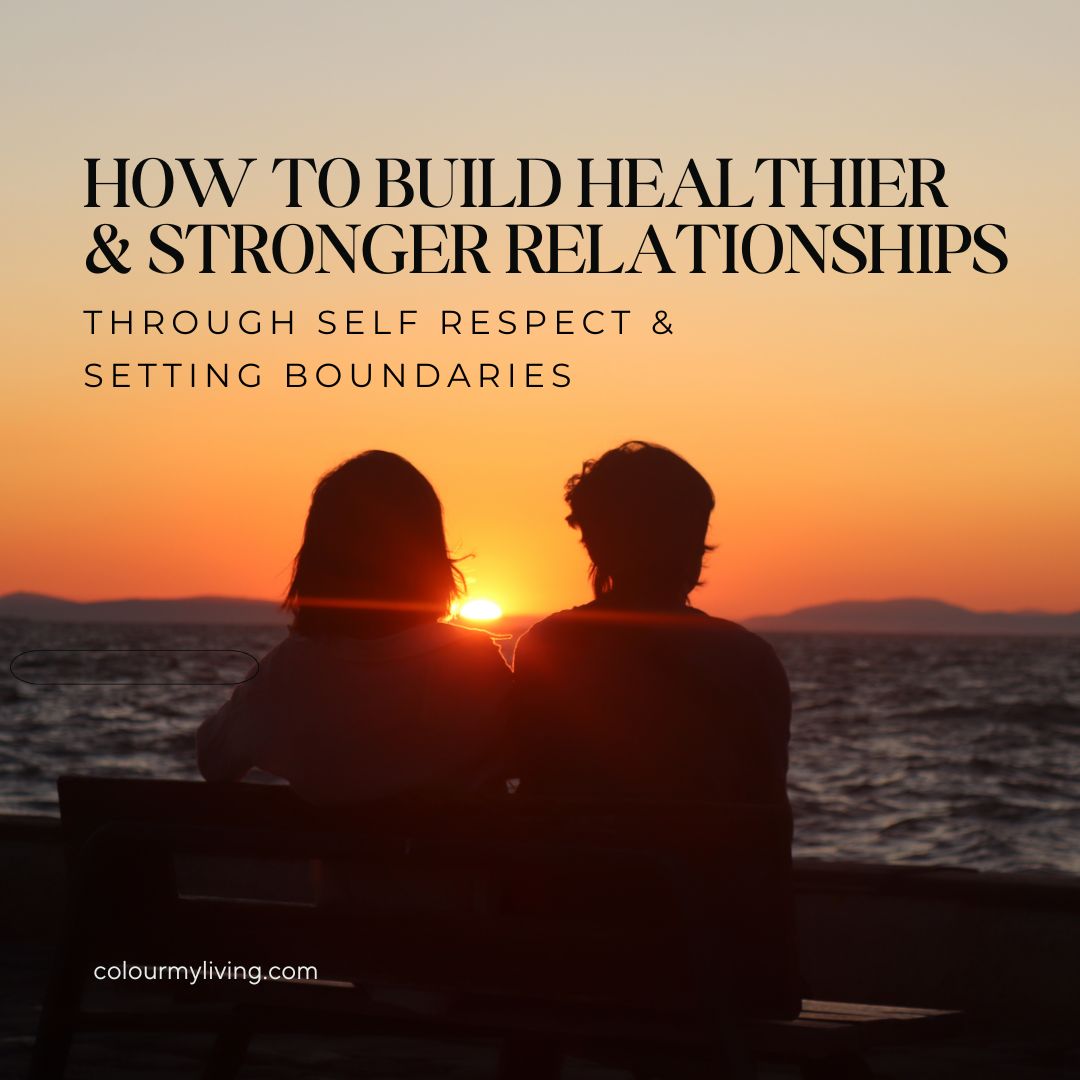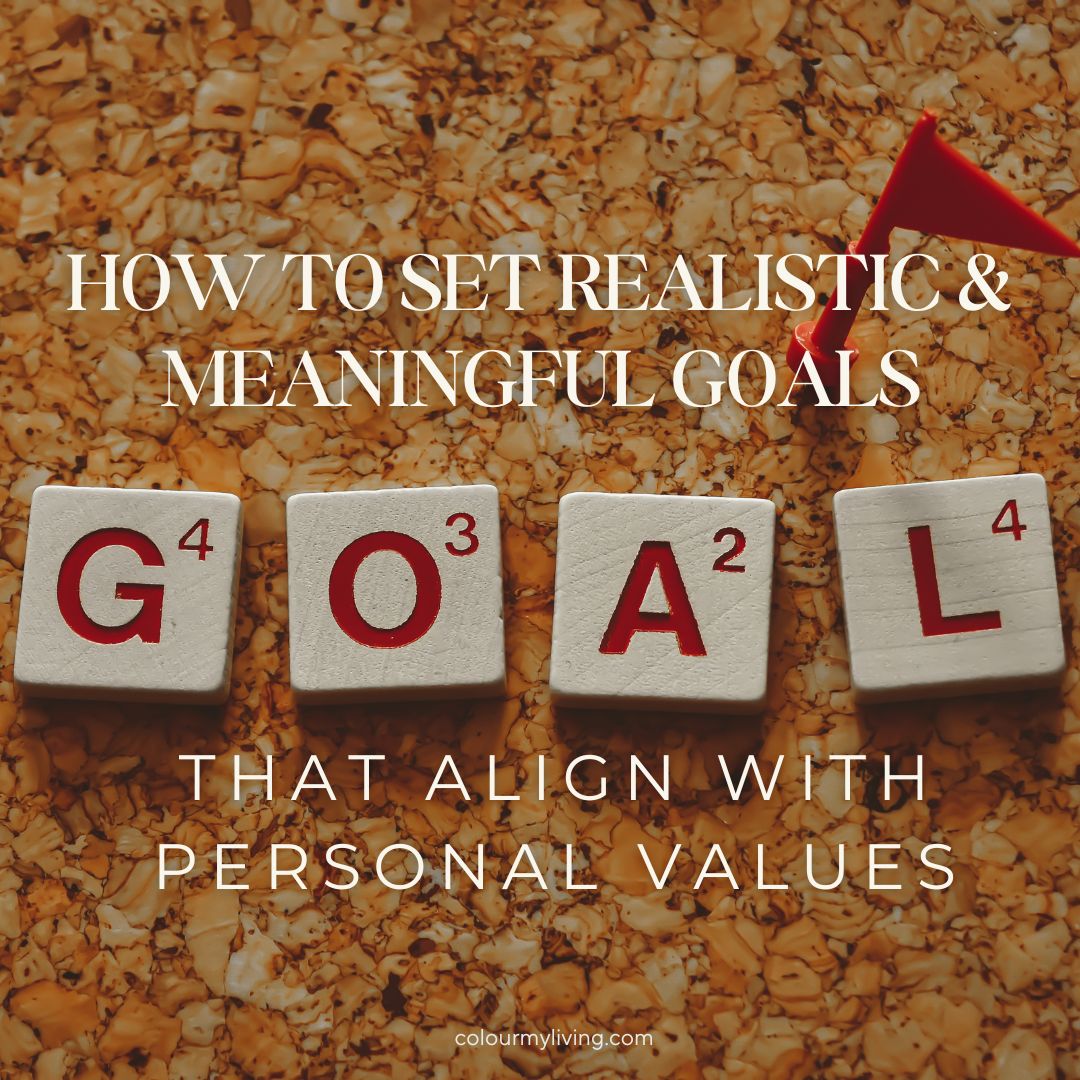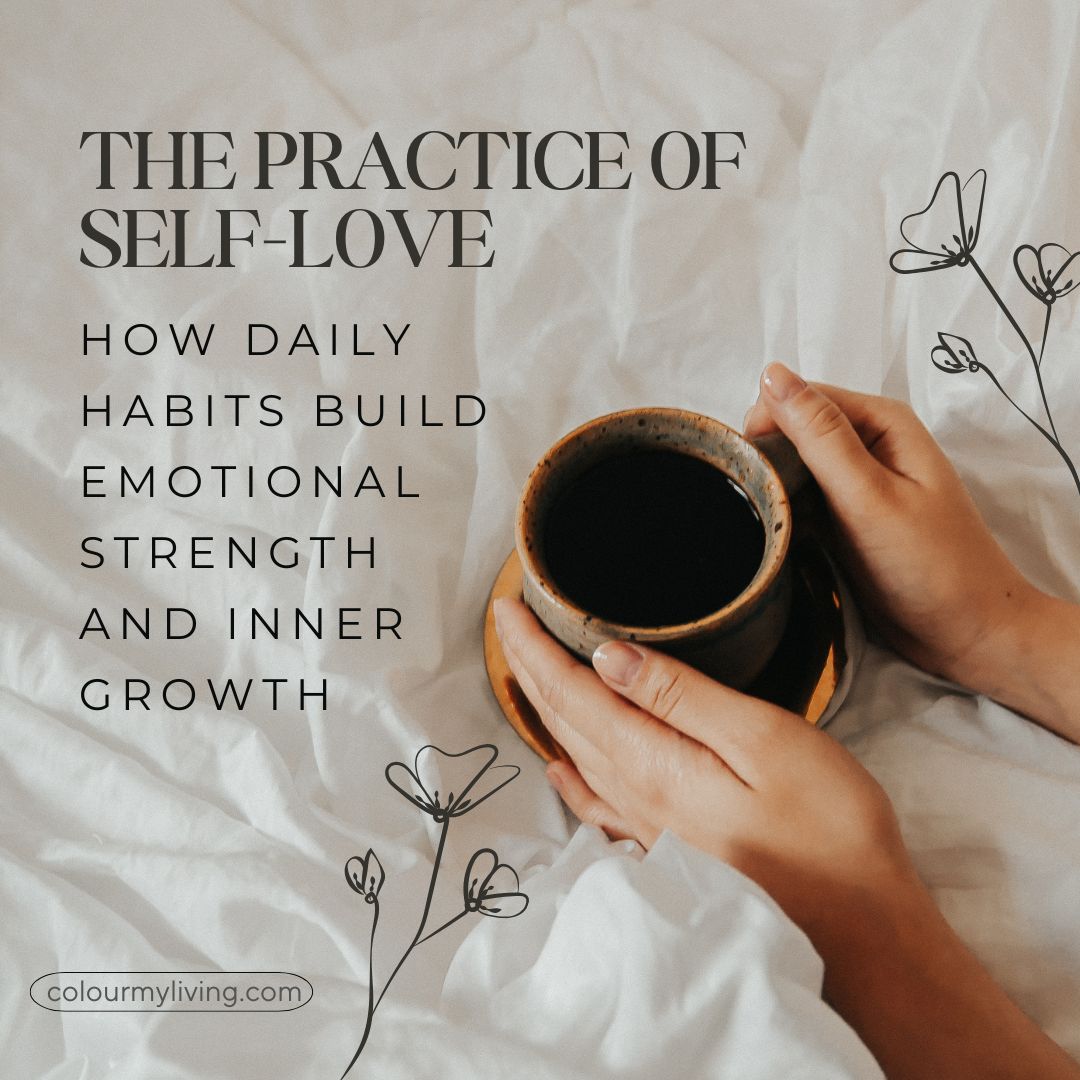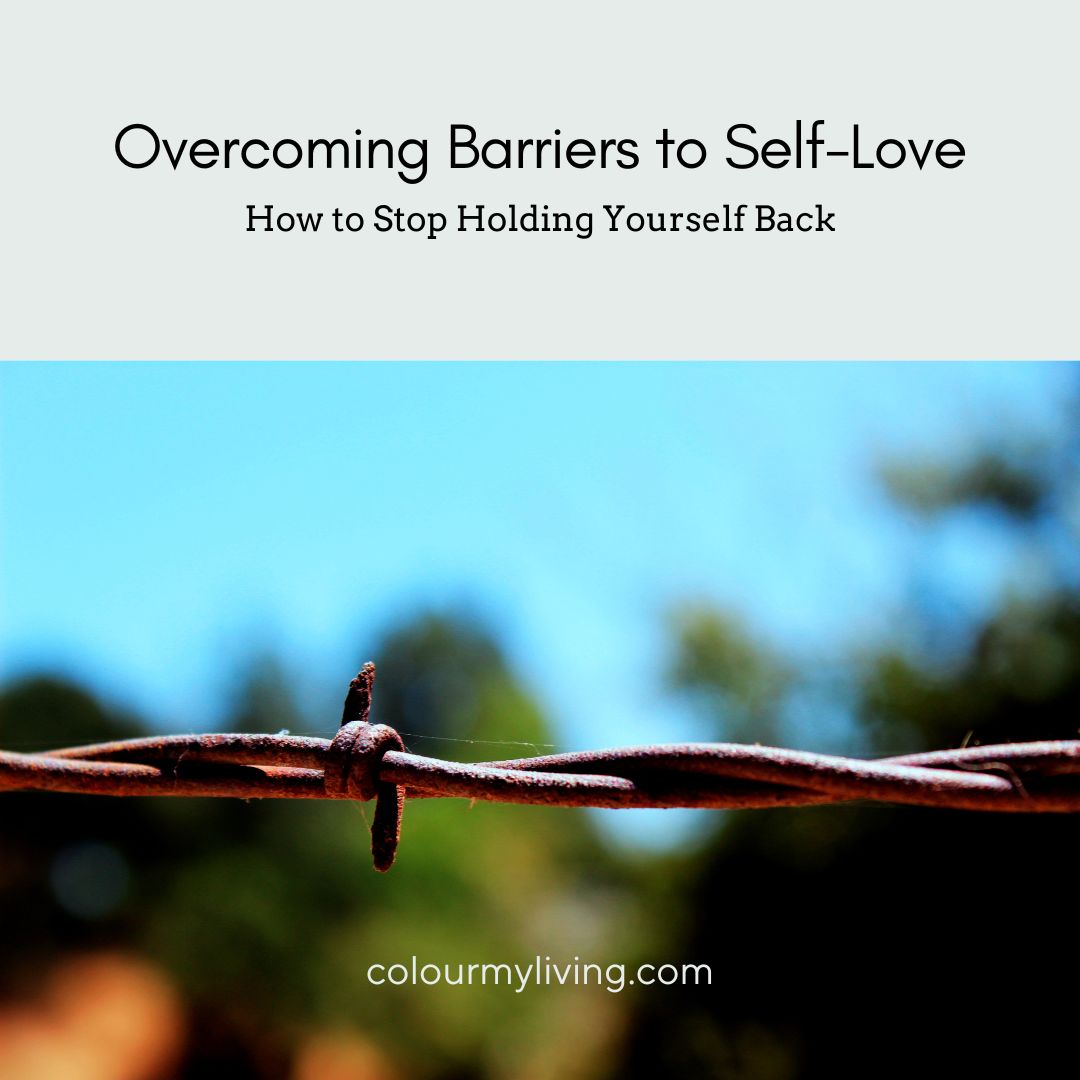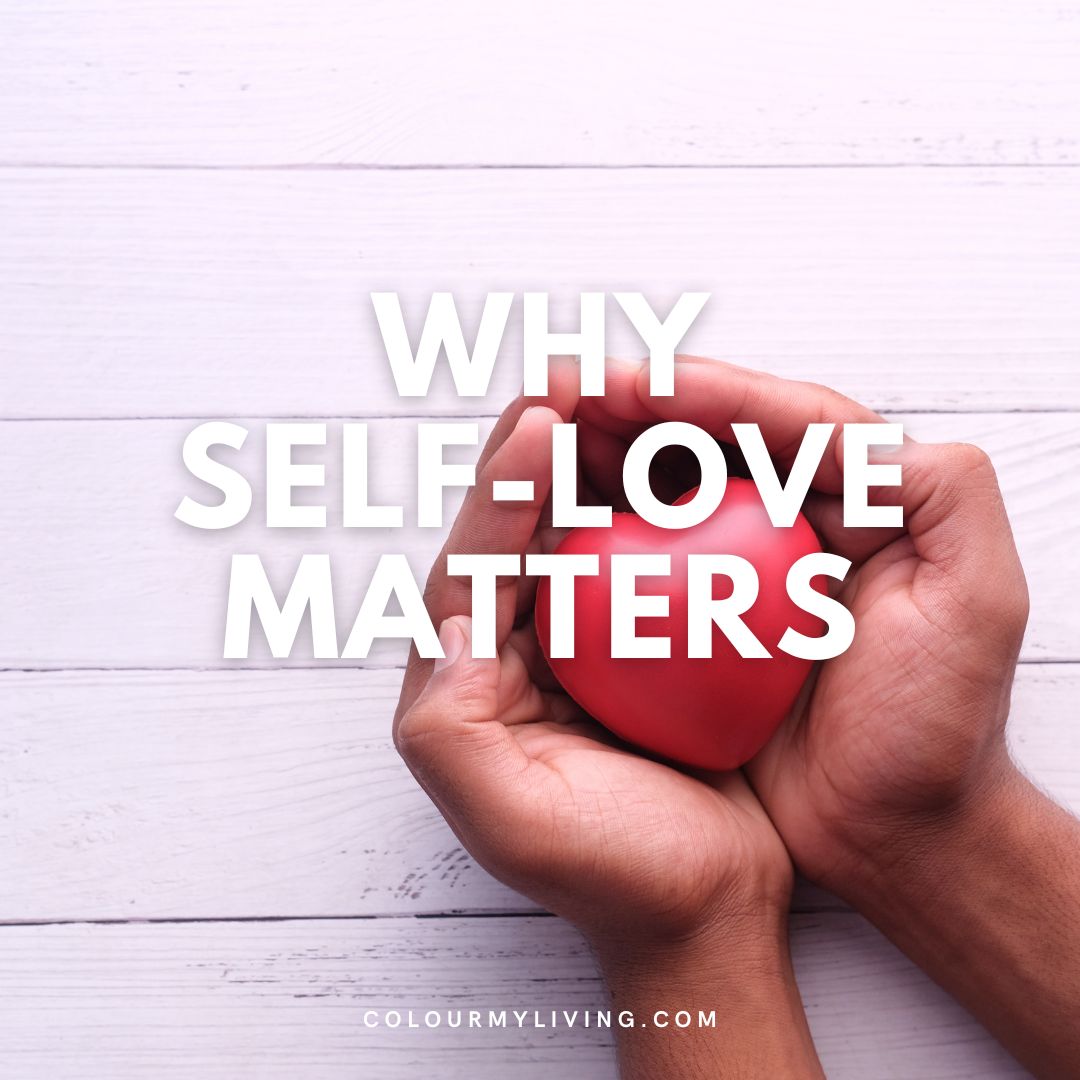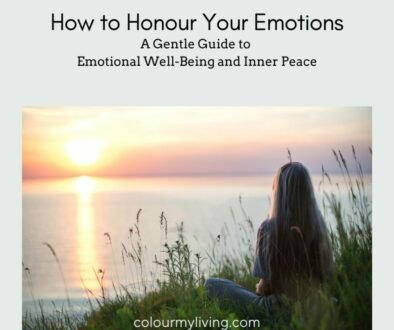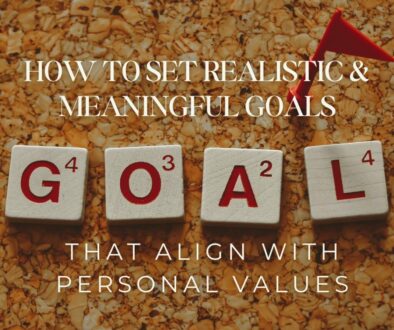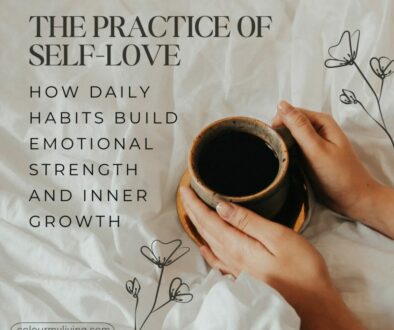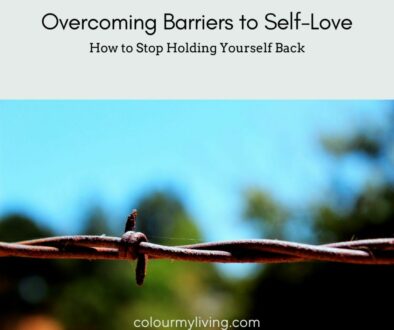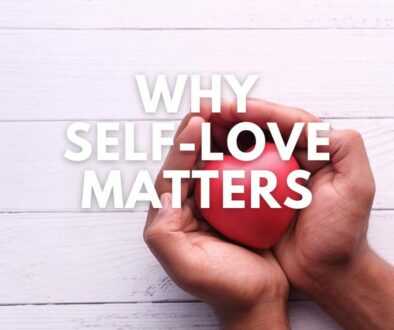Build Stronger and Healthier Relationships Through Self-Respect and Setting Boundaries
In life, the relationships we build in many ways, shape our emotional well-being and influence how we navigate life. The people we surround ourselves with can provide encouragement, stability, and understanding, or they can create stress and emotional exhaustion in our lives. When relationships are built on mutual care and respect, they become a source of strength. Conversely, relationships that lack this balance can leave us feeling unheard, overextended, and emotionally drained.
Building relationships that support our own well-being means we need to choose connections that bring us positive engagement and encouragement, while also being mindful of situations that may zap our energy. Being mindful and aware in our interactions in others also means that we need to express our needs and desires with conviction and clarity. These practices help create relationships that are meaningful and sustainable, rather than ones that are overwhelming or one-sided.
Choosing Relationships That Support Growth and Well-Being
The people we spend time with influence our emotions, confidence, and sense of security. Supportive relationships provide space for honest conversations, celebrate mutual achievements, and respect personal boundaries. They help us feel understood and valued.
At times, we may find ourselves in relationships that feel unbalanced. Some relationships may require constant effort with little reciprocity, leaving one party constantly feeling emotionally drained. Others may involve ongoing criticism, dismissiveness, or control, making it difficult to express our needs openly. Over time, interactions like these are likely to lead to exhaustion, self-doubt, or anxiety.
Recognizing which relationships contribute to our own well-being and which do not is an important step in knowing and deciding where to invest emotional energy. Noticing how we feel after spending time with someone is an important way to gauge the value of each relationship.

Questions to ask yourself
- Does this connection bring a sense of joy and ease, or does it leave a stress or frustration?
- Do we feel heard and appreciated, or do interactions mostly create uncertainty and discomfort?
These reflections help in recognizing which relationships encourage our self-worth and which ones may require change.
Once we have a better understanding of which relationships are supportive, it becomes easier to engage more with those who bring encouragement and understanding. This could mean reaching out more often to people who are willing to listen without judgment. It is worth working on strengthening connections with those who share similar values, and making time for individuals who respect our personal choices.
At the same time, being more in tune with yourself and the relationships you spend time on may involve creating distance from relationships that consistently cause emotional strain or no longer align with personal well-being. Creating space from relationships that are emotionally exhausting does not mean holding resentment. It is a way of honoring our own well-being while focussing on and making room for connections that will continue to bring support and balance to your own well-being.
The Power of Saying No Without Guilt
Honour Your Personal Energy by Saying No Without Guilt
When faced with a request, most people automatically feel obliged to say yes, whether due to social expectations, a desire to avoid conflict, or simply a habit of putting others’ needs first. While kindness and generosity are valuable, always agreeing to requests will inevitably lead to exhaustion and resentment. When obligations outweigh personal well-being, your own emotional energy pays the price.
Learning to say no, especially when it’s necessary is an important way to respect our own personal needs. It allows for a healthier balance between our commitments and our well-being. Instead of seeing no as rejection, it is worth reframing it as a way of making space for what is truly important to you.
The first step to this is to recognise when a request or a situation does not feel right. Checking in with your own personal reactions will often provide much needed clarity. If the thought of saying yes brings discomfort or stress, it likely indicates that the commitment does not align with your current abilities, priorities or energy levels.
Before responding or making a decision, ask yourself questions such as:
- Am I saying yes because I want to, or because I feel obligated?
- Will this commitment leave me feeling energized or exhausted?
- Am I agreeing out of guilt, even though I don’t have the capacity to give my time or energy?
If agreeing to something comes at the expense of your own well-being or emotional balance, it is a sign that setting a boundary is necessary
Learning to say ‘No’ is a practise.
Declining a request does not have to be difficult or create tension. A simple and direct response is often enough. Rather than offering a long explanation or an apology, it is often more effective to say:
“I appreciate the invitation, but I won’t be able to make it.”
“Unfortunately, I have a lot on my plate right now, so I won’t be able to commit.”
“I need some time to recharge, so I’m going to have to sit this one out.”
Practicing these responses will help you become more comfortable with saying no without guilt. While initially it may feel uncomfortable to say no, especially if you’re not used to it, over time, choosing what aligns with your personal well-being will become more natural. With practise, saying no will feel a lot less like a struggle and more like a way of simply ensuring balance in your own life.
Communicating Needs and Boundaries with Confidence
Healthy relationships are built on open and respectful communication. Expressing your personal needs clearly helps to ensure that friendships and connections remain supportive and balanced. When expectations are not communicated well, misunderstandings may arise, leading to frustration or upset. In setting boundaries, we each work to build and create relationships that are based on mutual understanding rather than assumptions.
The first step in communicating boundaries is recognizing what feels comfortable and what does not. When you take time to reflect on your own emotional and physical needs, it can help to provide clarity on where your limits should be placed.
Some questions that can help with this process are:
- What interactions or behaviours make me feel uncomfortable or overwhelmed?
- What limits do I need to set to protect my time and emotional well-being?
- What do I need from my relationships to feel respected and valued?
Once personal boundaries are identified, the next step is to express them clearly and with confidence. Some people hesitate to set boundaries due to fear of how others will react, but strong relationships respect and honour personal needs.
How to communicate a boundary
Communicating a boundary does not require harshness—clarity and honesty are often enough. For example, if someone frequently interrupts your personal time, a simple statement can reinforce the need for space:
“I like to keep my evenings free for myself, so I won’t be available for calls after 8 pm.”
If certain topics feel uncomfortable, expressing a boundary can make your own need and desire clear:
“I would prefer not to discuss this subject—it’s something I’m processing in my own time.”
If a request is too much to take on, setting a limit can help ensure the balance that you require:
“I appreciate you asking, but I’m not able to take this on right now.”
When boundaries are communicated, some people may push back or attempt to test them. In these situations, standing firm is important. If a boundary is continually dismissed, it may indicate a lack of respect, which means then that you may need to reassess the relationship.
Setting and reinforcing boundaries are not intended to create distance even if it is what it feels like in the beginning. Being able to set boundaries is really about ensuring that a relationship remain healthy and is built on mutual respect and care. As these conversations become more natural, expressing personal needs and expectations will continue to foster a sense of ease and respect in your friendships and interactions.

Final Thoughts: Building Stronger Relationships Through Self-Respect
The relationships we engage in should bring encouragement, understanding, and mutual care. Prioritizing connections that provide emotional support, communicating boundaries with confidence, and saying no when something does not feel right are ways to ensure that your relationships remain balanced and respectful.
Strong relationships are not built on constant self-sacrifice or emotional depletion. They thrive when both individuals feel valued and heard. By respecting your own personal well-being and choosing relationships that reflect self-respect, it is possible to build relationships that are truly fulfilling and aligned with your own personal growth.
- Find out Why Self-Love Matters so much in a world that demands constantly
- Learn how to Stop holding yourself back: Overcome Barriers to Self-love
- Understand how to Build Stronger and Healthier Relationships Through Self-Respect and Setting Boundaries
- Learn how daily habits can build emotional strength and inner growth
- Learn How to Set Realistic and Meaningful Goals That Align with Your Personal Values
- You too can Let Go of Guilt: How to Embrace Self-Care without Apology
- Finally, learn How to Honour Your Emotions: A Gentle Guide to Emotional Well-Being and Inner Peace
